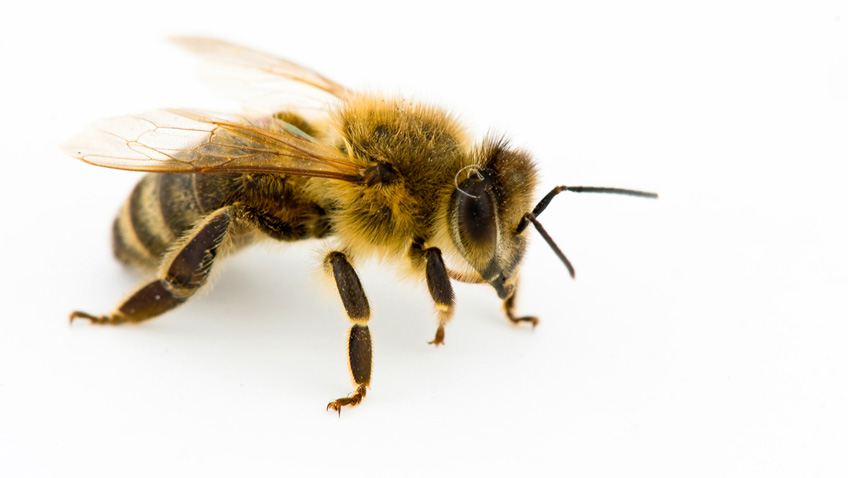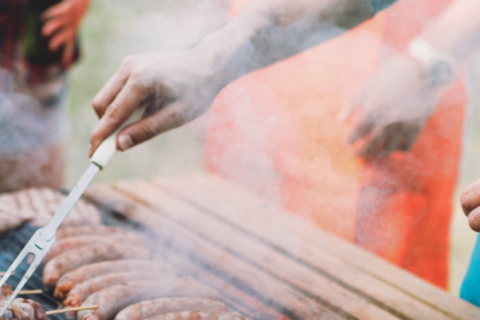Five Ways to Help Save the Bees

Honeybees are in danger and need our help. Keep in mind, these are not the bees you should fear being stung by. They are the ones that help make our world go round. Here are a few quick tips on how to keep their populations alive. Helping them survive will keep our Earth happy and healthy.
Plant Native.
Fill your yard and garden with plants local to your area. These are what the bees are sensitized to. They are attracted to local wildflowers from your area, so do some research into what grows locally near you. There are some flowers you can buy no matter where you live that they will love. These include flowers like marigolds, daisies, and tulips. If possible, have flowers like these blooming all year. This will increase the longevity of a bee population’s food source.
No Pesticides.
Use of pesticides, fungicides, or herbicides carries the risk of harming your bee population. Spraying your yard or garden with these chemicals threatens the disorder of Colony Collapse Disorder. This is the global disappearance of bees. They encounter the toxins when trying to pollinate your flowers and then carry them back to the hive where it can sabotage the whole system.
Hydrate.
Leaving out a small pool of water or birdbath full of water can help your local bees tremendously. What may seem like a small action to you could do a lot of good. With fewer flowers to find, they are traveling farther and farther away from the hive to find food. This means putting themselves at risk for dehydration on their journeys. Dehydrated bees can die quickly, so keeping a small pool of water out as much as possible could save many bees’ lives.
Support locals.
Purchasing as much produce and honey locally as possible goes a long way in supporting the efforts of others trying to help bees. Local farmers that are well funded are encouraged to expand their range of crops which in turn offers them more areas to pollinate. This also helps agricultural diversity in your community. Buying local honey has multiple benefits, but the most obvious is that beekeepers can then keep more bees. The more bees the better!
Speak up.
Spending even a little time to educate your family and friends about the need for bees in our world can be beneficial. Social media posts about what you are doing to help local pollinators can inform others and help spread the word. Also, teaching future generations about how to support and treat bees can raise a generation that will end the global loss of bees and bring the globe back to the natural order.

